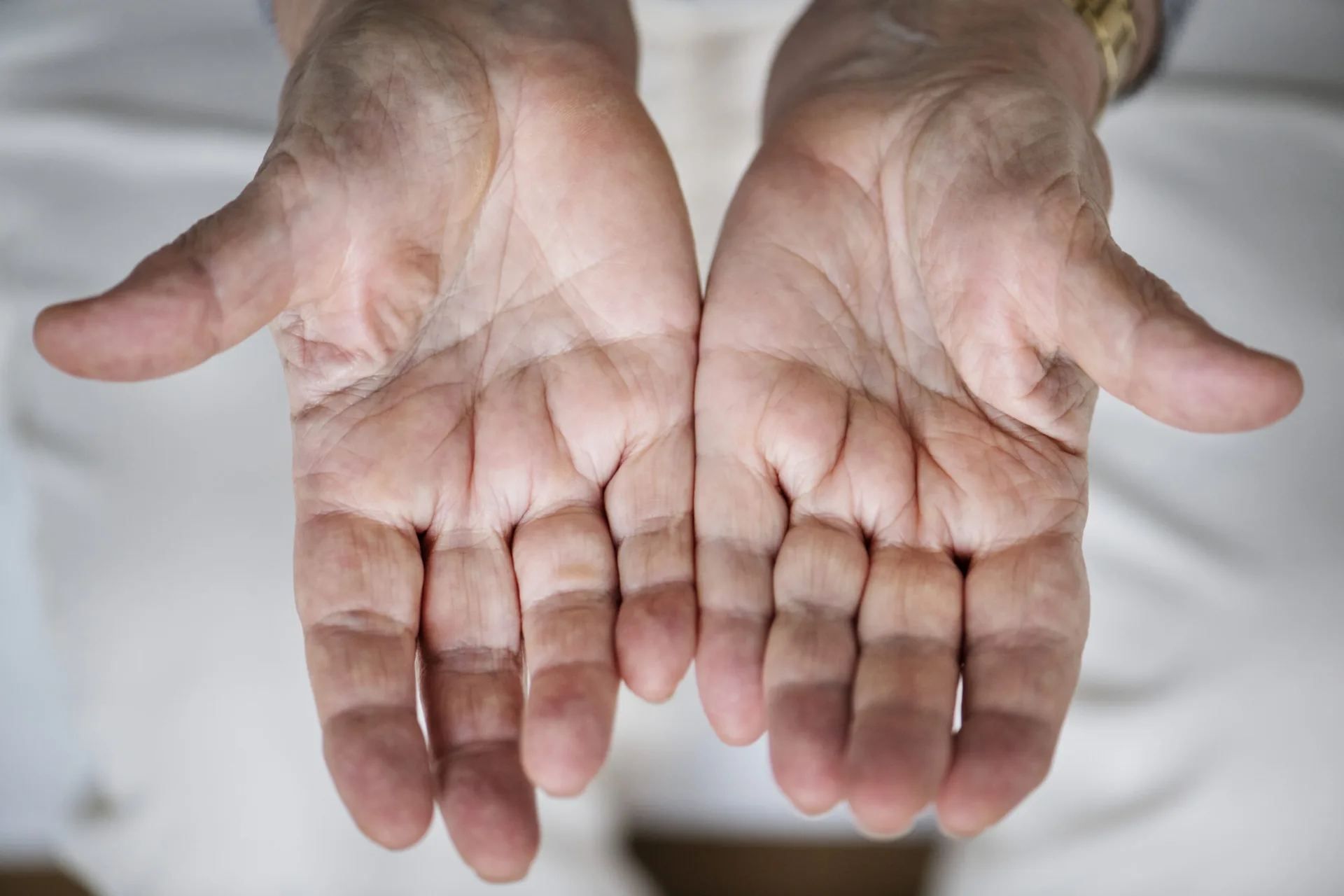
What Are Huffing Aerosol Symptoms? And Why Do People Do It?
Huffing, or inhalant abuse, involves breathing in chemical vapors to achieve a high, and one of the most common substances used for this purpose is aerosol products. Aerosol sprays, found in household items like deodorants, spray paint and cleaning products, contain chemicals that can produce intoxicating effects when inhaled. Despite the severe health risks, many people, particularly teens and young adults, experiment with huffing due to its accessibility. In this blog, we will explore the symptoms of huffing aerosol, why people engage in this dangerous behavior and the treatment options available at Bluff in Augusta, Georgia.
Symptoms of Huffing Aerosol
When someone inhales the chemicals from an aerosol product, the body reacts in several alarming ways. The symptoms of huffing aerosol are both physical and psychological, and they can manifest almost immediately after inhalation.
Physical Symptoms:
- Dizziness and Lightheadedness: One of the first symptoms a person may experience is dizziness or lightheadedness, as the inhaled chemicals deprive the brain of oxygen.
- Slurred Speech: Huffing can impair a person’s ability to speak clearly, causing slurred or incoherent speech.
- Loss of Coordination: Motor skills are often affected, leading to difficulty walking or controlling movements. This loss of coordination can result in stumbling or falling.
- Red or Runny Nose: Prolonged inhalation can cause irritation in the nasal passages, leading to a runny or red nose.
- Chemical Smell on Breath or Clothing: Since the person is inhaling aerosol fumes, a strong chemical odor is often noticeable on their breath or clothes.
- Nausea and Vomiting: Many users report feeling nauseous after huffing, and vomiting may occur as the body reacts to the toxins.
- Rapid or Irregular Heartbeat: Huffing can cause the heart to beat irregularly or at a faster rate, increasing the risk of heart attack or sudden cardiac arrest.
Psychological Symptoms:
- Euphoria: The high from huffing often includes a brief sense of euphoria or elation, which may only last a few minutes. This temporary feeling is what draws many individuals to try huffing.
- Hallucinations: Some people report seeing or hearing things that aren’t there after inhaling aerosols. These hallucinations can be frightening and disorienting.
- Confusion and Disorientation: Huffing aerosols impairs cognitive function, leading to confusion, difficulty thinking clearly and a general sense of disorientation.
- Aggressive or Irritable Behavior: In some cases, huffing can lead to increased irritability or aggressive outbursts, particularly as the effects begin to wear off.
Why Do People Huff Aerosol?
Despite the obvious dangers, people engage in huffing for several reasons. Understanding why people turn to this behavior can help in providing appropriate support and intervention.
- Easy Accessibility: Aerosol products are easily accessible, often found in everyday household items like hairspray, deodorants or cleaning products. Unlike illegal drugs, these items are not controlled, making it simple for people, especially teenagers, to experiment with huffing.
- Curiosity: Many young people experiment with huffing out of curiosity, not fully understanding the severe health risks involved. Peer pressure can also play a role, with friends encouraging one another to try it for fun.
- Low Cost: Aerosol products are inexpensive compared to other substances, making them a more affordable option for those seeking a quick high.
- Short-Term Effects: The effects of huffing are fast-acting, providing a quick high that may last only a few minutes. This immediate but fleeting sense of euphoria can be appealing to users.
The Dangers of Huffing and Seeking Help
Huffing aerosols is incredibly dangerous and can lead to long-term health issues, including brain damage, organ failure and even death. The lack of oxygen to the brain during inhalation can cause permanent damage, and repeated use can result in addiction. It is critical to seek professional help if you or someone you know is engaging in huffing.
At Bluff in Augusta, Georgia, we offer specialized treatment for those struggling with inhalant abuse. Our team of experts is dedicated to helping individuals overcome substance use disorders through comprehensive therapy and support. If you or a loved one needs help, don’t hesitate to reach out to us at Bluff for the care and treatment you deserve.
Huffing aerosol products may seem harmless to some, but the symptoms and health risks are severe. From dizziness and confusion to heart problems and long-term brain damage, the effects of huffing are far-reaching. Understanding the signs and why people engage in this dangerous behavior is key to providing the help they need. If you or someone you know is battling inhalant abuse, Bluff Augusta is here to offer the support and treatment necessary for recovery.








